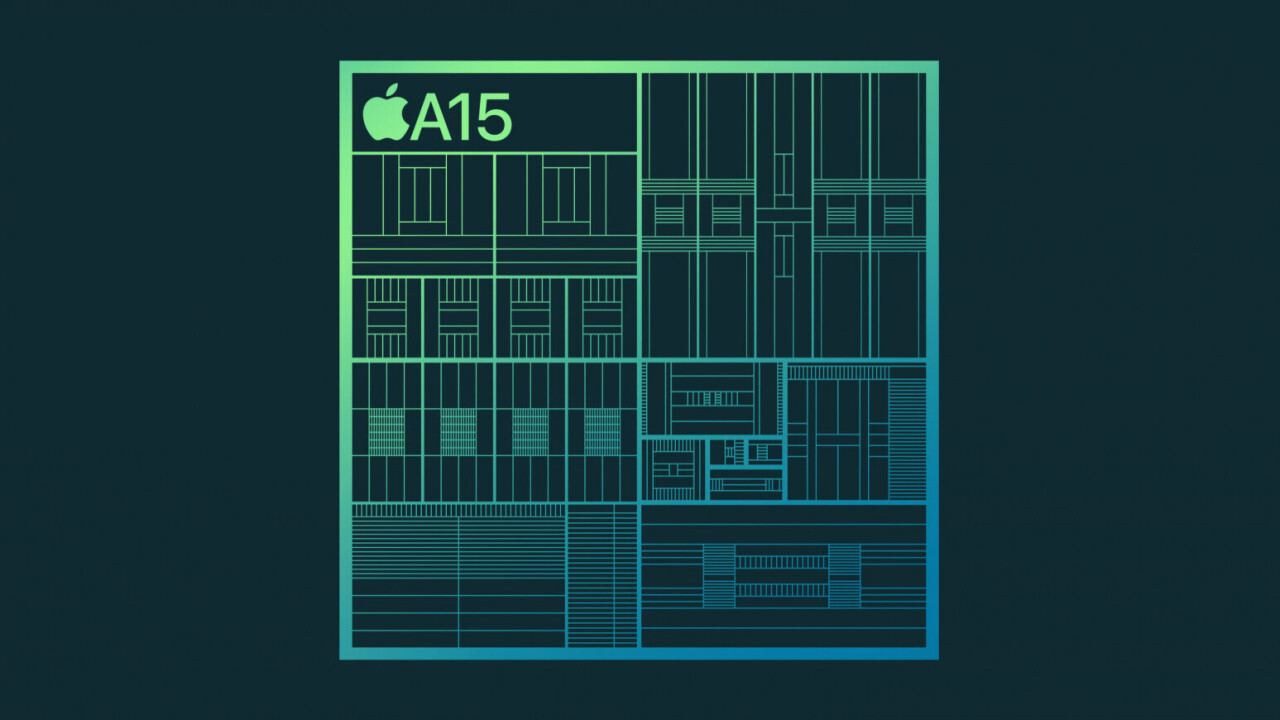
Apple just announced the iPhone 13 two days ago, but benchmarks are already starting to roll in. It should come as no surprise that the new phones are faster than their predecessors, but the results also show, once again, that Apple is roughly a generation or more ahead of its Android competition when it comes to raw power.
For reference, using the popular Geekbench 5 metric, high-end Android devices with the Qualcomm Snapdragon 888 — the most common flagship processor — tend to achieve scores of roughly 1100 in single-core speeds and 3500 for multi-core performance. Here’s the OnePlus 9 Pro, for instance:

This was already lagging behind the A14 Bionic CPU in the iPhone 12 Pro, which scored roughly 1600 and 4100 respectively. Mind you, the iPhone 12 launched before the Snapdragon 888 was even announced.

And now for the iPhone 13, and its A15 Bionic:

(No, that’s not a typo; iPhone 14,2 is the model number for basic iPhone 13. Confusing, I know.)
It’s not the most dramatic performance leap, but Apple readily maintains its CPU dominance (there were similar gains in the GPU front as well).
Couple that with the optimizations and tight integration with Apple software, and there’s no denying the iPhone is simply ahead of any Android phone in terms of raw performance.
We had some hope Google’s new Tensor processor might change things up, but based on early leaks, it doesn’t seem the company will be catching up to Apple quite yet. That said, Google has implied its chip is much more focused on machine learning tasks than traditional metrics of speed.
In any case, benchmarks are far from the full story, and even taking them into account, they don’t matter that much for most everyday usage. I mean, I’m currently using a Pixel 5a powered by a comparatively puny Snapdragon 765G as a daily driver, and that scores just about 600/1600. Yet I can barely tell the difference when I switch to a Snapdragon 888 device.
The fact of the matter is that, for most users, performance on mobile devices has been at the point of diminishing returns for a few years now. There are certain applications where the added power becomes useful, but for the usual social media apps and web browsing, it’s not like these increases make so much of a difference.
But still, despite Android’s reputation for being more oriented toward power users, team iPhone still has bragging rights when it comes to sheer performance.
Get the TNW newsletter
Get the most important tech news in your inbox each week.





